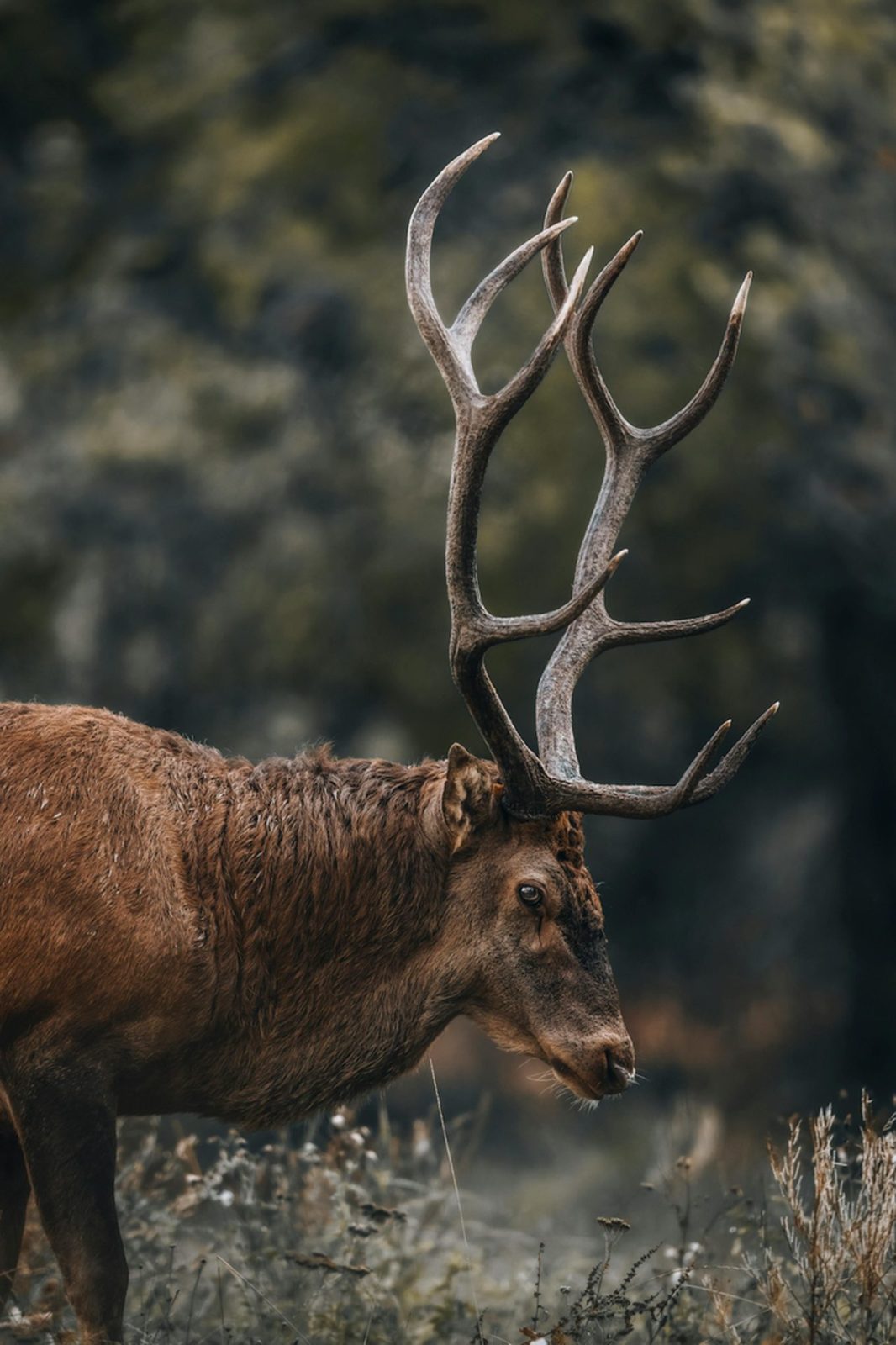
What is sustainable living? How Your Choices Shape a Sustainable Present and Future
By embracing sustainable living, we adopt practices that contribute to the well-being of the environment, society, and economy.

Hunting can be an unsustainable activity since it puts certain animals on the list of endangered species or even extinction.
Overhunting disrupts the balance of ecosystems, affecting the targeted species, their habitats, and the broader biodiversity of the area. Additionally, unsustainable hunting practices can lead to negative ecological consequences, such as the loss of biodiversity, disruption of food chains, and degradation of natural habitats.
It's essential to recognize the long-term impacts of hunting and advocate for responsible and regulated hunting practices that prioritize conservation and sustainability. Conservation efforts, habitat protection, and responsible wildlife management are crucial steps toward ensuring biodiversity protection and maintaining the health of our ecosystems for future generations.
Also, it poses various health risks to humans from hunting and consuming the given species. These activities can lead to zoonotic transmission. 19 bacteria, 16 viruses, and 16 parasites were identified as potentially hosted by wildlife, a total of 51 zoonotic pathogens, with evidence of transmissions to humans.

By embracing sustainable living, we adopt practices that contribute to the well-being of the environment, society, and economy.

The idea of a sustainable diet was established in 2010.

A sustainable diet is considered to be a diet that resembles a nutritionally healthy diet.

Sustainability goes beyond admiration; it is a commitment to maintaining the delicate balance between our species and the planet.

Several scientists are “defending” meat consumption, replying that red meat is the source of essential nutrients.
Welcome to Sustainable Living by Science. With our scientific mindset, we are exploring how to nurture our well-being while caring for the environment. We are sharing the meaning of sustainability through evidence-based practices. Join us on this journey towards a greener, healthier future where science guides us to make the best choices for ourselves, the planet, and others.
All content is © 2024 by Sustainable Living by Science. All rights reserved.